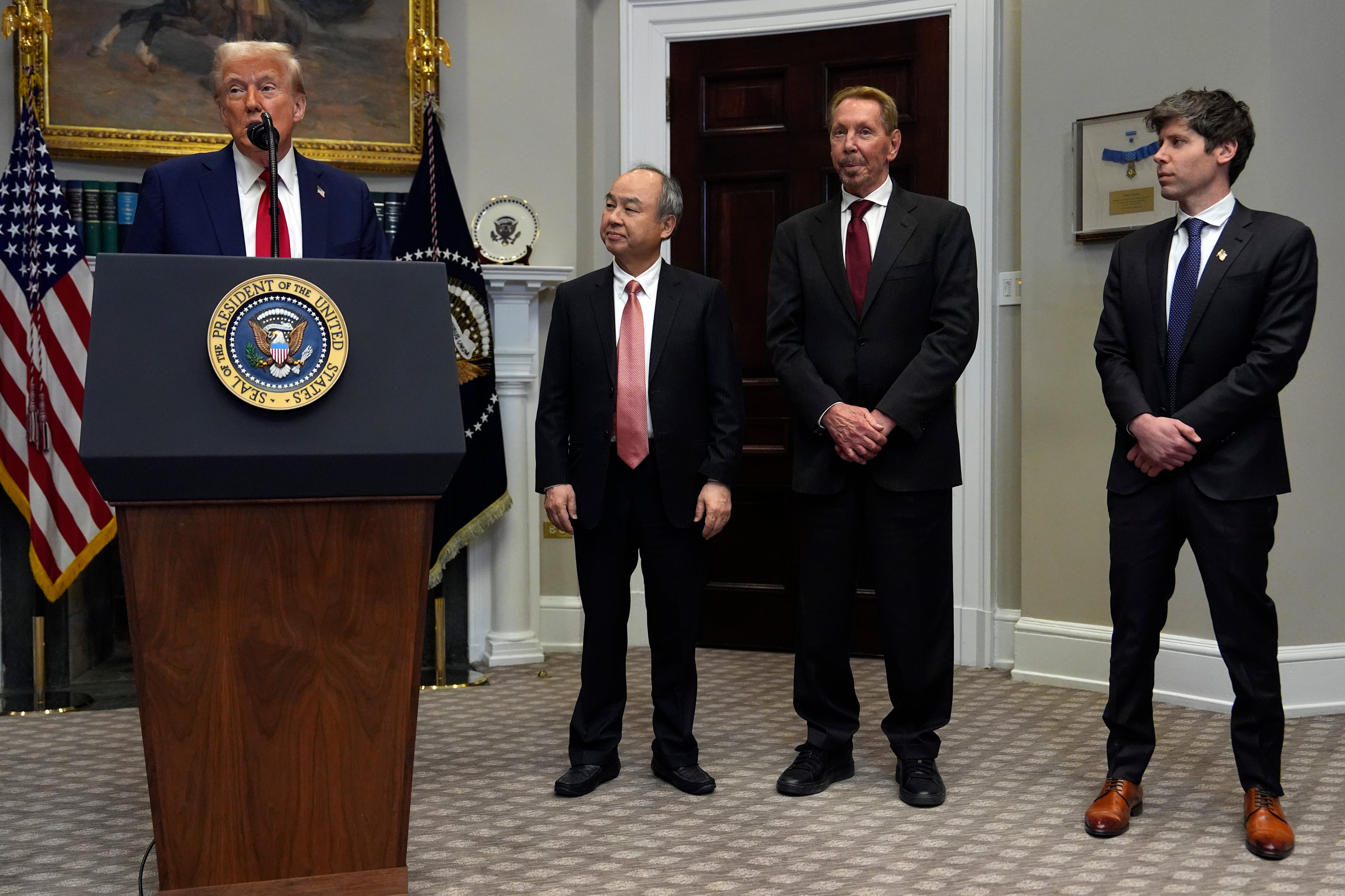WASHINGTON — The U.S. Department of Defense has requested 30 extra days to review vendor proposals as it prepares to make another award decision for its massive enterprise cloud contract, according to a Monday night court filing.
The DoD is currently reviewing new revised proposals for its Joint Enterprise Defense Infrastructure contract, which it awarded to Microsoft over Amazon Web Services in October last year. In the filing, the DoD said that it “recently identified the need to reopen limited discussions related to certain aspects of the offerors’ pricing proposals.”
The request, made in the Court of Federal Claims, is yet another delay for the controversial JEDI cloud. The department was supposed to re-award the contract by Aug. 17 after receiving a 120-day stay to take corrective action on the contract. It’s now asking to delay that decision to Sept. 16.
“During the remand, DoD has identified areas of concern with respect to the revised proposals received from both offerors, resulting in multiple solicitation amendments, rounds of proposal revisions, and exchanges with the offerors,” the court filing said.
AWS, which filed the protest late last year in the Court of Federal Claims after losing the contract, argues that the department made several technical errors while evaluating its proposal and also accuses President Donald Trump of political interference in the contract.
AWS does not oppose the Pentagon’s new motion, the court document said.
In late July, DoD CIO Dana Deasy told reporters that the DoD would “probably sometimes towards the very end of August, barring any last minute, unforeseen additional issues that are raised.” The court filing says that the department “anticipates” that the re-evaluation process will wrap up in early September.
The JEDI cloud has been delayed continuously throughout the entirety of the procurement process. Last year, the initial award decision was delayed for months due to a pre-award protest by Oracle. Earlier this year work on JEDI was further delayed when the court placed a temporary restraining order on any work on the JEDI cloud, finding that AWS was “likely to succeed” in proving DoD erred in the evaluation process.
Andrew Eversden covers all things defense technology for C4ISRNET. He previously reported on federal IT and cybersecurity for Federal Times and Fifth Domain, and worked as a congressional reporting fellow for the Texas Tribune. He was also a Washington intern for the Durango Herald. Andrew is a graduate of American University.








